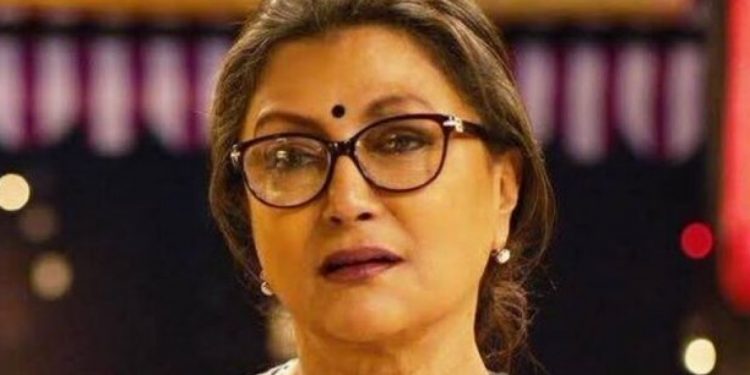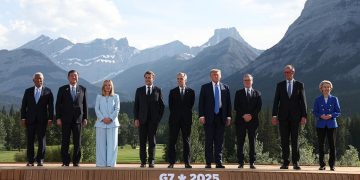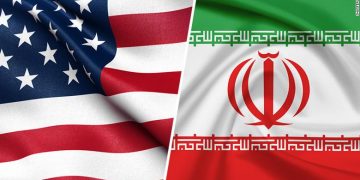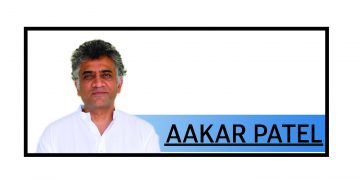Kolkata: Filmmaker Aparna Sen and two other members of Citizen Speak India, an organisation of personalities alive to different social contemporary issues, were Saturday stopped from entering an enclave in West Bengal’s Coochbehar district by BSF jawans.
Bolan Gangopadhay, a women’s rights activities who was accompanying Sen, said that the NGO members had intended to visit 50 people belonging to 11 families living in the enclave at Kalarala village at Dinhata.
These people, she said, are virtually leading a life of confinement due to restrictions by the BSF though they are citizens of the country. “We had learnt about their plight — the lack of minimum facilities. We had heard that they are getting rations but are deprived of benefits under different state and central projects. We had come to establish communication with them and to hear from them,” Gangopadhyay said.
She alleged that the members of Citizen Speak India were disallowed to enter the enclave area, known as ‘chhit mahal’ when the gates to it were opened between 11 am to 12 pm despite informing the BSF director general in advance of their visit.
“We were told by the BSF personnel present that only residents of the enclave who are citizens of India are allowed to enter within the stipulated time. But no Indian citizen from outside the area can be allowed. This is unfair,” she said.
“We as citizens of India can visit our countrymen. It is granted by the Constitutrion. Then why were we not allowed?” she asked.
An aggreived Sen said, “Despite the fact that all of us were Indian citizens and were carrying identity proofs, the guard at the gate refused to allow us enter the ‘chhit mahal’. Couldn’t they understand we were Indians?”
BSF authorities could not be immediately contacted. Mudar Patherya, a columnist had also accompanied Sen.
The three later visited another enclave and the Dinhata settlement camp.
India and Bangladesh exchanged 162 adversely-held enclaves July 31, 2015 marking the resolution of a complex issue that had lingered since independence.
The 111 Indian enclaves in Bangladesh and 51 Bangladeshi enclaves in India were exchanged pursuant to the 1974 Land Boundary Agreement and 2011 Protocol and instruments of ratification.
With the exchange the enclave residents on both sides of the border became entitled to enjoy the benefits of nationality of India or Bangladesh, as the case may be, and thus access to civic services, education, health-care and other facilities provided by the two governments to their respective nationals.






































